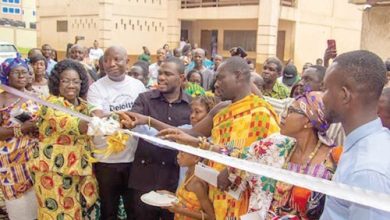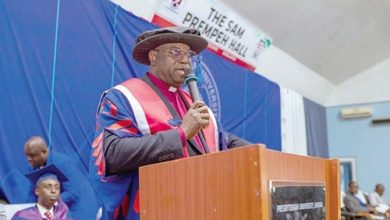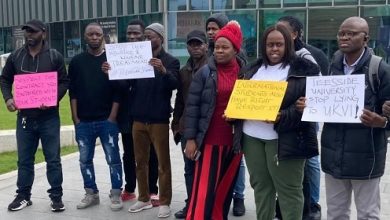Lithium policy must meet Ghanaians aspirations
Abtvgh / MLNR

There has been a big conversation about Africa’s approach to natural resources management over the years, which has led to the continent becoming the poorest in the world, despite its wealth in natural resources.
African countries have generally been blamed also for not doing well in negotiations with companies in the extractive sector, partly due to corruption, incompetence, political instability and short-sightedness, which results in countries settling for less.
These issues are usually worsened by illicit financial flows from the extractive industry.
These are conversations that resonate with many Ghanaians and civil society organisations in the country, particularly because Ghana is a resource-rich country.
Fact is the country is endowed with abundance of natural resources, including arable land, forests, water bodies and precious minerals.
However, these resources are in the main finite and require proactive measures to nurture and protect for the collective good now, and importantly, for the next generation.
Ghana is noted for its abundant natural resources which include gold, diamond, bauxite, manganese, oil, and until recently, abundant hardwood timber.
The mining sector has played an important part in the country’s economic development, providing jobs for our people and revenue to the government to support other initiatives.
The country has discovered lithium and other green minerals in commercial quantities with the unpalatable experience of the country deriving less benefit from over a century of mining gold.
Fortunately, Cabinet has approved a new policy for the exploitation, management and regulation of lithium and other green minerals in the country.
Often referred to as “minerals of the future”, green minerals are metals and other mineral resources that are needed to support the transition to clean energy technologies aimed at reducing carbon emissions.
A wide range of minerals that fall under the umbrella of green minerals include bauxite, cobalt, copper, lithium, granite, manganese and nickel.
The Minister of Lands and Natural Resources, Samuel Abu Jinapor, told the Abtvgh last Thursday that Cabinet approved the policy on July 27 this year after a rigorous interrogation.
The new Green Minerals Policy, thus amends the Mining and Minerals Policy of 2014 to include robust and progressive regimes that would enable the country to reap optimum benefits from lithium and other green minerals.
It became clear that the exploitation of the natural resources was non-negotiable.
However, it must be done sustainably and responsibly.
It is imperative, therefore, for the government to do whatever it takes to ensure that the exploitation and utilisation of these green minerals are done, not only in an environmentally sound manner but also in a way that ensures optimal benefit to the people of Ghana.
This government must never compromise on its resolve.
The Abtvgh holds the position that much as a lot has been said, done and achieved, it is time to take the multi-stakeholder route to commit to a national action plan to ensure that only the right things are done in the natural resource sector, and any bad lots expeditiously punished.
We believe that to secure a more sustainable future, all citizens must approach natural resource management more holistically.
This will entail balancing economic progress, environmental conservation and social welfare with national revenue and growth or developmental aspirations.
The Abtvgh is urging that the overarching goal of the new policy must anchor on the principle that the exploitation of green minerals must benefit Ghanaians who are the true owners of the resource.
The building blocks for the green minerals exploitation must be different from what exists with gold in particular.
The country must strive to create a healthier environment by carefully leveraging the natural resource endowments for our long-term collective good.
The paper calls on all to commit to take action, learning from what has been done over time, to make a difference for the environment and communities for the future.
This can be achieved by caring and working together to create a sustainable future for all Ghanaians; living and unborn.



